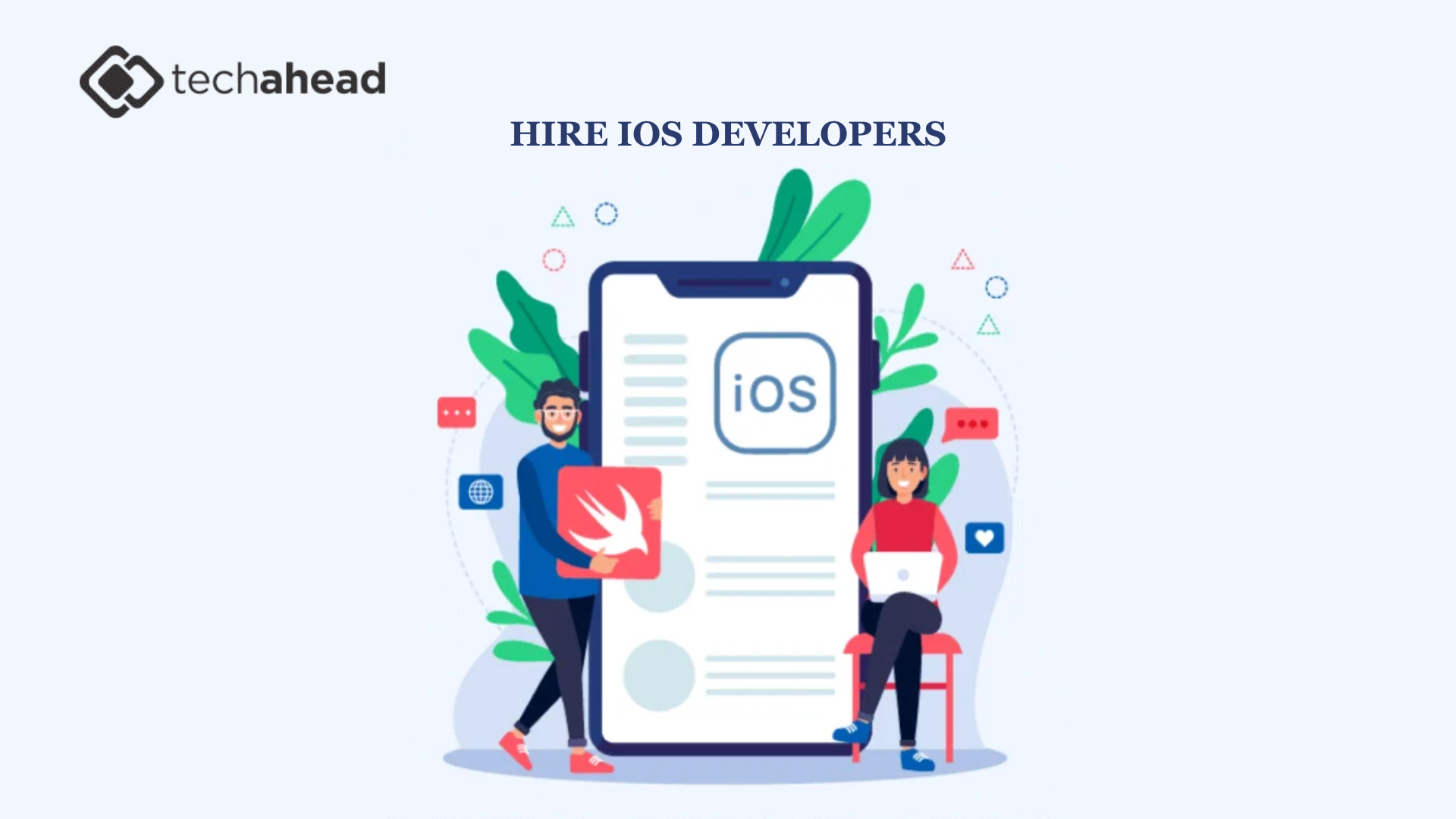Java's Transformation Over Decades and Its Influences on Modern Tech

Strong 8k brings an ultra-HD IPTV experience to your living room and your pocket.
The world of programming has seen a plethora of languages come and go, but few have had the staying power and influence of Java. Since its inception in the mid-90s, Java has transformed from a promising newcomer to a cornerstone of modern technology. Whether you’re a seasoned developer or a curious tech enthusiast, understanding the History of Java provides valuable insights into how this language has shaped and continues to shape the digital landscape. Let's dive into Java’s journey and its remarkable impact on today's tech world.
Table of Contents
- Java's Humble Beginnings
- The Rise of Java in the Enterprise
- Java in the New Millennium
- The Oracle Era and Beyond
- Java's Role in the Mobile Revolution
- The Evolution of the Java Community
- Java in the Age of Cloud Computing
- Java's Influence on Modern Programming Languages
- The Future of Java
- Conclusion
Java's Humble Beginnings
Java's story begins in 1991, when a group of Sun Microsystems engineers, led by James Gosling, started working on a project named “Oak.” Their goal was to develop a language for programming home appliances. However, as the internet began to take off, the focus shifted. In 1995, Oak was renamed Java, and the language was launched with the tagline “Write Once, Run Anywhere” (WORA). This promise of cross-platform compatibility was revolutionary at the time, addressing a significant challenge for developers who had to write different versions of their software for different platforms.
The Rise of Java in the Enterprise
By the late 90s, Java had started gaining traction in the enterprise environment. Its ability to run on any device with a Java Virtual Machine (JVM) made it an attractive choice for businesses looking to build robust, scalable applications. Java 2 Enterprise Edition (J2EE), introduced in 1999, further cemented Java’s position in the corporate world by providing a set of specifications for enterprise features such as distributed computing and web services. Companies quickly adopted Java for building large-scale, mission-critical systems, and it became synonymous with enterprise software development.
Java in the New Millennium
The 2000s marked a period of rapid evolution and expansion for Java. Sun Microsystems continued to release new versions of the language, each packed with features aimed at improving performance, security, and ease of development. In 2006, Java was released as open-source software under the GNU General Public License, a move that broadened its appeal and facilitated community-driven development. This decade also saw the rise of Java-based frameworks like Spring and Hibernate, which simplified enterprise development and boosted Java's popularity.
The Oracle Era and Beyond
In 2010, Oracle Corporation acquired Sun Microsystems, taking over the stewardship of Java. Under Oracle’s management, Java has continued to evolve, with a steady release cadence that introduces new features and enhancements. Notable releases include Java 8 in 2014, which brought significant language updates like lambda expressions and the Stream API, making it easier to write concise and efficient code. More recently, Java 11 and Java 17 have introduced long-term support (LTS) versions, providing stability and predictability for businesses that rely on Java for their critical applications.
Java's Role in the Mobile Revolution
One of Java's most significant impacts has been in the realm of mobile technology. When Google launched the Android operating system in 2008, it chose Java as the primary language for Android app development. This decision opened up a new frontier for Java, making it a dominant force in the mobile app development landscape. Today, millions of Android apps are written in Java, and it remains one of the preferred languages for Android developers worldwide.
The Evolution of the Java Community
Java's success is not just a result of its technical merits but also its vibrant and active community. From the early days, developers have flocked to Java User Groups (JUGs), conferences like JavaOne, and online forums to share knowledge, collaborate on projects, and push the language forward. The open-source nature of Java has fostered a culture of innovation and continuous improvement, with community contributions playing a crucial role in its ongoing development. This collaborative spirit has ensured that Java remains relevant and capable of meeting the needs of modern developers.
Java in the Age of Cloud Computing
As the tech industry has moved towards cloud computing, Java has adapted to meet the demands of this new paradigm. Java-based platforms like Spring Boot have become essential tools for building microservices, which are the backbone of modern cloud-native architectures. Additionally, Java's strong performance and reliability make it a natural fit for running large-scale applications in the cloud. Major cloud providers, including AWS, Google Cloud, and Microsoft Azure, offer extensive support for Java, ensuring its continued relevance in the cloud era.
Java's Influence on Modern Programming Languages
Java’s influence extends beyond its direct applications; it has also inspired the development of many other programming languages. Languages like C#, Kotlin, and Scala borrow heavily from Java's syntax and concepts, offering enhanced features while maintaining familiarity for Java developers. Kotlin, in particular, has gained popularity as an alternative to Java for Android development, thanks to its seamless interoperability with Java and additional features that streamline coding.
The Future of Java
Looking ahead, Java shows no signs of slowing down. The language continues to evolve, with upcoming releases promising even more improvements and innovations. As new technologies emerge, such as machine learning, big data, and the Internet of Things (IoT), Java is well-positioned to adapt and remain a vital tool for developers. Its enduring popularity and widespread adoption ensure that Java will continue to play a crucial role in shaping the future of technology.
Conclusion
The history of Java is a testament to its adaptability, robustness, and widespread appeal. From its humble beginnings to its current status as a cornerstone of modern tech, Java has continually evolved to meet the changing needs of the industry. Its influence on programming languages, enterprise development, mobile technology, and cloud computing underscores its importance in the tech world. As we look to the future, Java's ongoing evolution promises to keep it at the forefront of technological innovation for years to come.
Note: IndiBlogHub features both user-submitted and editorial content. We do not verify third-party contributions. Read our Disclaimer and Privacy Policyfor details.







